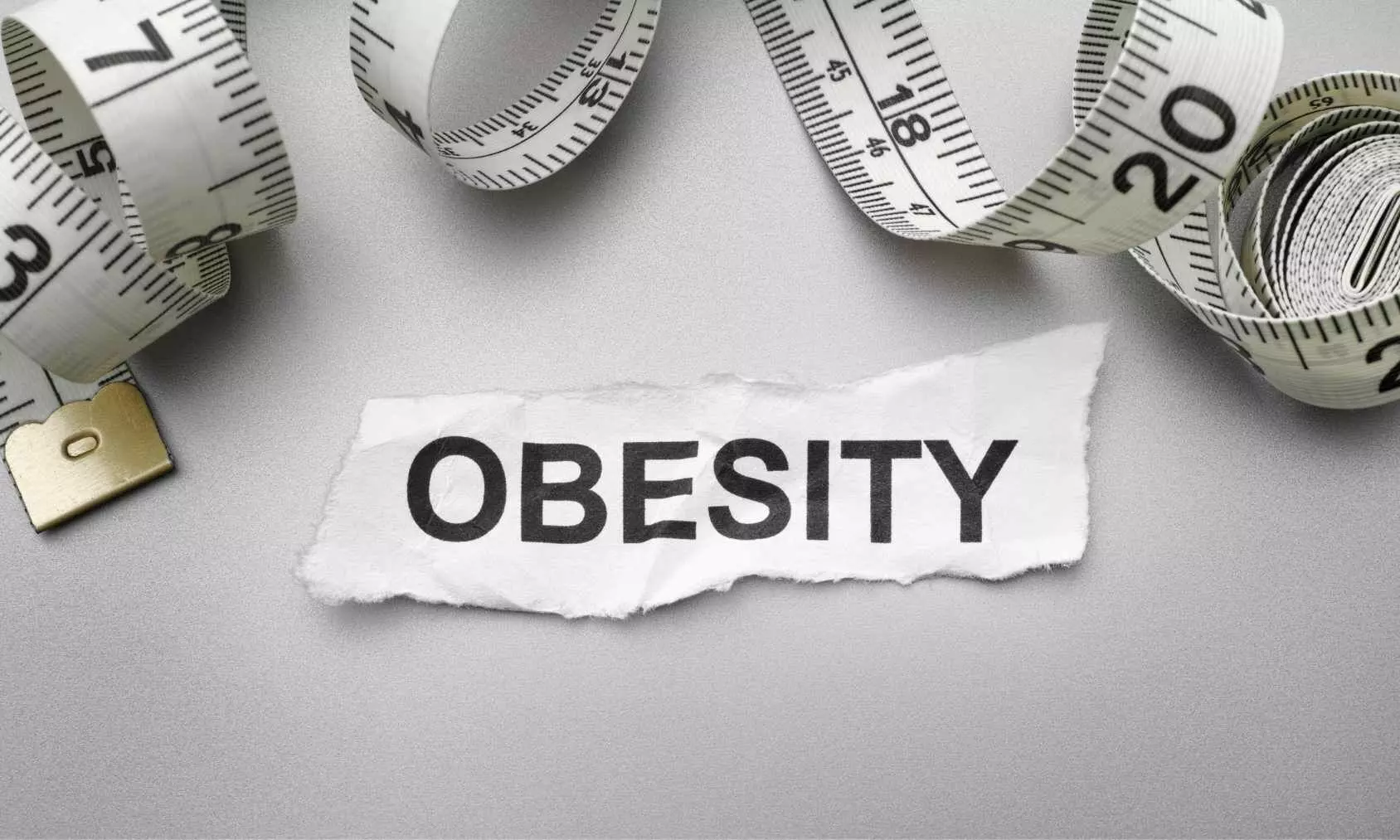Mount Sinai study reveals genetic clues explaining why obesity affects people differently
- byDoctor News Daily Team
- 21 September, 2025
- 0 Comments
- 0 Mins

An international team of researchers led by Icahn School of Medicine at Mount Sinai and the University of Copenhagen in Denmark has pinpointed some of the reasons whyobesitydoes not affect everyone in the same way. Their study, published today inNature Medicine, identifies genetic differences that help explain why some people with obesity remain relatively healthy while others develop serious conditions likediabetesandheart disease. The team analyzed genetic data from 452,768 people and discovered variants in 205 regions of the genome linked to higher body fat but better metabolic health. Using these discoveries, they developed a genetic risk score that adds up the impact of these variants. Individuals with higher scores were more likely to develop obesity-but were less likely to suffer from complications such ashigh blood pressure, highcholesterol, diabetes, or heart disease. This is due, in part, to the way fat cells behave in different people. Importantly, these protective genetic effects were already visible in children. Kids carrying the protective variants were more likely to develop obesity but did not show the expected warning signs of metabolic disease. “Our study shows that obesity is not a single condition-it is made up of different subtypes, each with its own risks,” said Nathalie Chami, PhD, first author on this paper and Instructor of Environmental Medicine, and Artificial Intelligence and Human Health, at the Icahn School of Medicine. “By uncovering these genetic differences, we can start to understand why obesity leads to different health outcomes in different individuals. This could eventually change how we predict, prevent, and treat obesity and its complications.” The research also identified eight distinct obesity subtypes, each linked to unique health risks. “These insights could eventually help doctors predict which patients are most vulnerable to complications and inform new treatments that mimic the protective genetic effects found in some people,” said Dr. Chami. The research team cautions that the findings do not mean obesity is harmless. “Most people with obesity still face health challenges, and lifestyle factors such as diet and exercise remain critical for overall health” said Zhe Wang, PhD, co-first author on this paper, and Adjunct Assistant Professor of Artificial Intelligence and Human Health, at the Icahn School of Medicine; and Assistant Professor at the University of Alabama at Birmingham. The study was conducted in individuals from the UK Biobank, comprising people of European ancestry, and future work will extend to more diverse populations. It leveraged this data to perform a comprehensive multi-trait genome-wide screen. The team wanted to find new genes that affect body fat without being linked to cardiometabolic comorbidities by analyzing three adiposity and eight cardiometabolic traits, including lipid, glycemic, and blood pressure traits. “By revealing new biological pathways that separate obesity from related diseases, the findings may pave the way for more personalized care, better-targeted therapies, and earlier prevention strategies-even from childhood,” said Ruth Loos, PhD, corresponding author, and Professor of Environmental Medicine at Icahn School of Medicine, and Professor at the University of Copenhagen in Denmark. Chami, N., Wang, Z., Svenstrup, V. et al. Genetic subtyping of obesity reveals biological insights into the uncoupling of adiposity from its cardiometabolic comorbidities. Nat Med (2025). https://doi.org/10.1038/s41591-025-03931-0
Disclaimer: This website is designed for healthcare professionals and serves solely for informational purposes.
The content provided should not be interpreted as medical advice, diagnosis, treatment recommendations, prescriptions, or endorsements of specific medical practices. It is not a replacement for professional medical consultation or the expertise of a licensed healthcare provider.
Given the ever-evolving nature of medical science, we strive to keep our information accurate and up to date. However, we do not guarantee the completeness or accuracy of the content.
If you come across any inconsistencies, please reach out to us at
admin@doctornewsdaily.com.
We do not support or endorse medical opinions, treatments, or recommendations that contradict the advice of qualified healthcare professionals.
By using this website, you agree to our
Terms of Use,
Privacy Policy, and
Advertisement Policy.
For further details, please review our
Full Disclaimer.
Recent News
Merck Keytruda wins European Commission nod for lo...
- 30 October, 2025
UP NEET 2025 round 3 allotment results postponed
- 30 October, 2025
Achin Gupta to succeed Umang Vohra as Cipla MD, GC...
- 30 October, 2025
Mumbai shocker: KEM Hospital doctor stabbed by col...
- 30 October, 2025
Daily Newsletter
Get all the top stories from Blogs to keep track.


0 Comments
Post a comment
No comments yet. Be the first to comment!